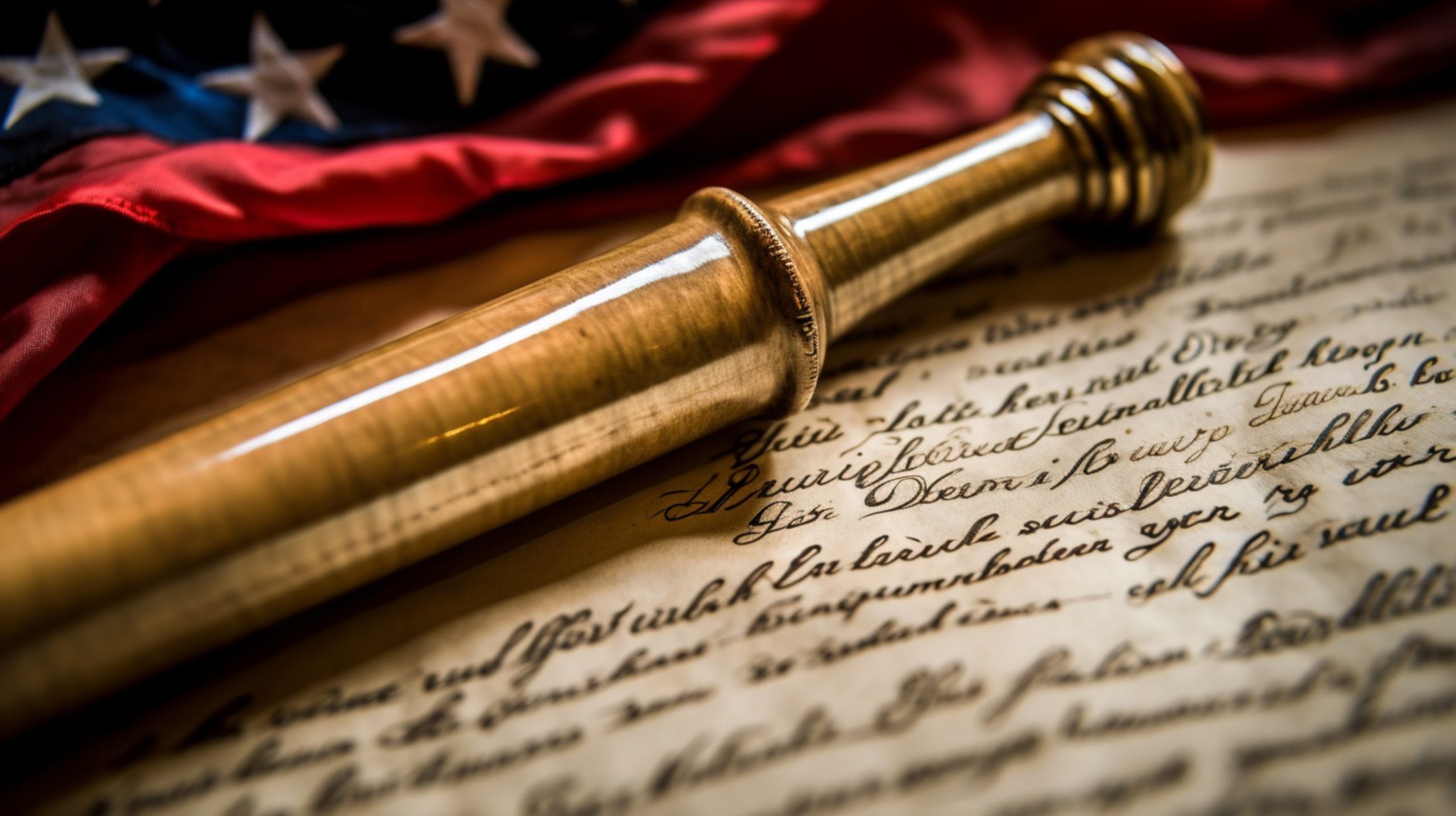1947 – The Modern Constitution of New Jersey Adopted by Constitutional Convention

The 1947 Constitution transformed New Jersey’s government into a modern, streamlined system that remains in effect today. Drafted after World War II, it strengthened the executive branch by granting the governor expanded powers, including the ability to serve consecutive terms and exercise a line-item veto. The document also unified the court system under a single Supreme Court, eliminating the patchwork of overlapping judicial bodies and establishing a more efficient judiciary.
In addition, the constitution modernized local government powers, reinforced civil liberties, and introduced stronger fiscal and administrative controls. It sought to make state government more responsive, accountable, and effective in serving citizens. While retaining the democratic reforms of the 1844 Constitution, it addressed long-standing weaknesses in structure and efficiency.
The 1947 Constitution remains the foundation of New Jersey’s government, embodying principles of strong executive leadership, judicial independence, and modern governance adapted to a growing and diverse state.
- Article I
- Article II
- Article III
- Article IV
- Article V
- Article VI
- Article VII
- Article VIII
- Article IX
- Article X
- Article XI
Article X
General Provisions
- The seal of the State shall be kept by the Governor, or person administering the office of Governor, and used by him officially, and shall be called the Great Seal of the State of New Jersey.
- All grants and commissions shall be in the name and by the authority of the State of New Jersey, sealed with the Great Seal, signed by the Governor, or person administering the office of Governor, and countersigned by the Secretary of State, and shall run thus: “The State of New Jersey, to………….., Greeting”.
- All writs shall be in the name of the State. All indictments shall conclude: “against the peace of this State, the government and dignity of the same”.
- Wherever in this Constitution the term “person”, “persons”, “people” or any personal pronoun is used, the same shall be taken to include both sexes.
- Except as herein otherwise provided, this Constitution shall take effect on the first day of January in the year of our Lord one thousand nine hundred and forty-eight.
